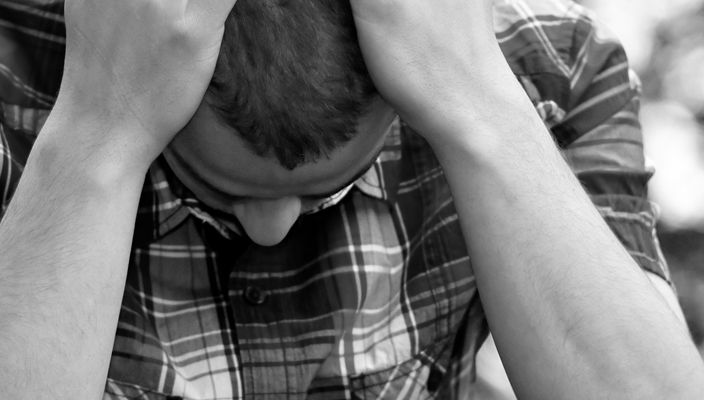The question of whether or not you should ever tell someone you’re depressed is a hot topic this week.
According to Ruby Wax who has suffered extensively from depression, she says she would ‘Never, ever advocate highlighting the problem at work‘. As harsh as that seems I think she’s right. We have a funny relationship with depression in this country. Despite the high number of people suffering from it, many non sufferers either dismiss it as ‘feeling a little down’ or pass you off as someone on the edge.
It’s particularly hard if you have post natal depression, which despite all the press and help available still gets discounted by many people as being simply about ‘not coping’. A very good friend of mine is currently suffering from post natal depression after the birth of her second daughter and describes it as a mass of ‘guilty feelings, fears and simply not being able to connect with anything.’
While she is getting some excellent professional help care of the health visitor and GP, certain friends and family keep trying to shake it out of her, as if depression were some kind of choice. Two friends have told her to pull herself together and a family member has suggested she is simply being selfish.The fact is PND affects over 70,000 women in the UK every year, and symptoms include guilty and irrational thoughts or behaviour, persistent low mood lasting at least two weeks and an inability to enjoy anything in life.
Alongside this I suspect there are many, many parents who fuelled by money worries, work stress, child anxieties and fatigue are also suffering with depression. The figures from Mental Health Foundation show that 1 in 4 people will experience a depressive episode in the course of a year and mixed anxiety and depression is currently the most common mental disorder in the UK. If that sounds familiar and you feel you need help the Mental Health Foundation are a great resource offering a large range of help and information. Also go to Rethink Mental Illness for information on treatment, support and care and OKRehab for help and support for addiction.
Above all, talk to someone who can help or will listen without judgment because depression simply doesn’t go away on it’s own.

